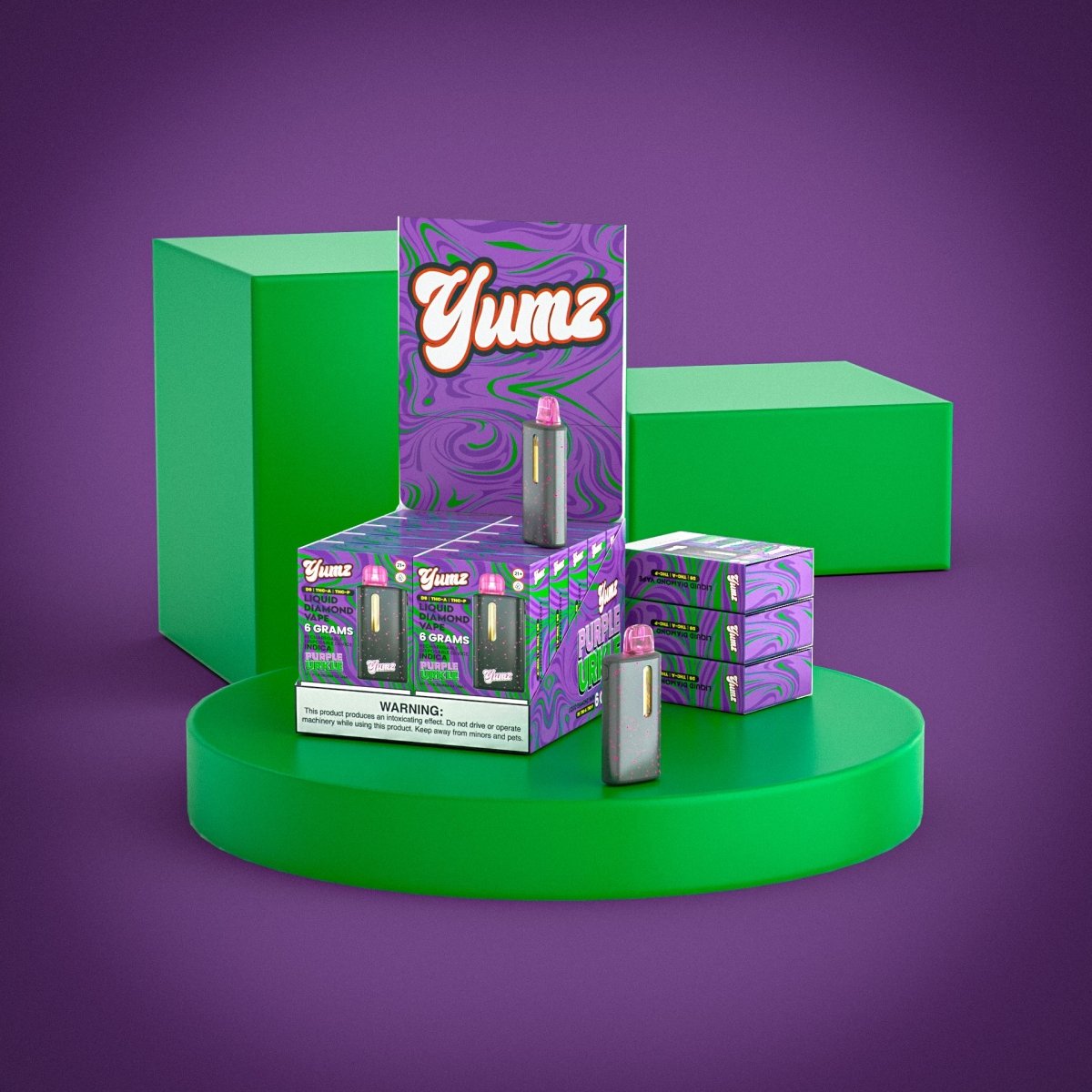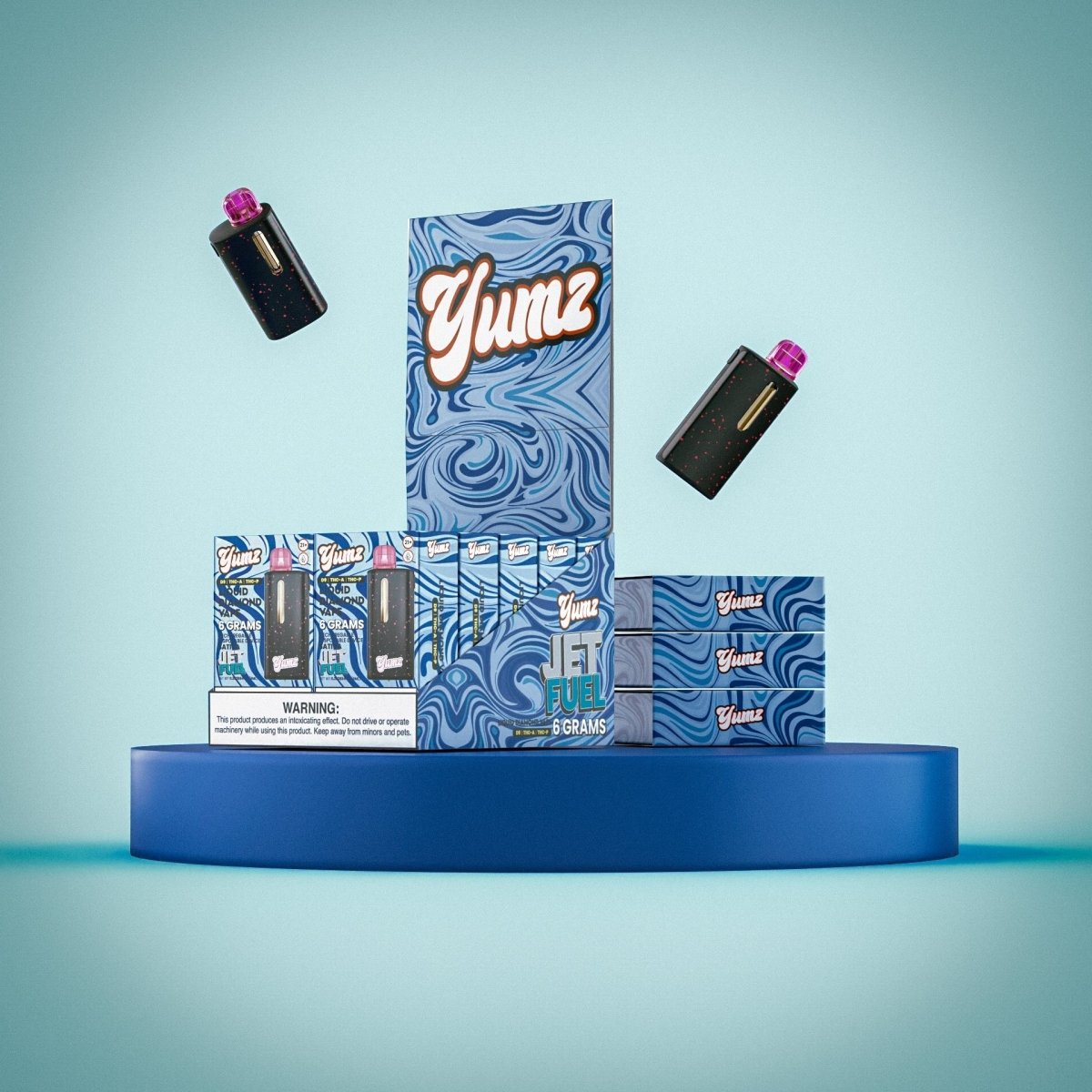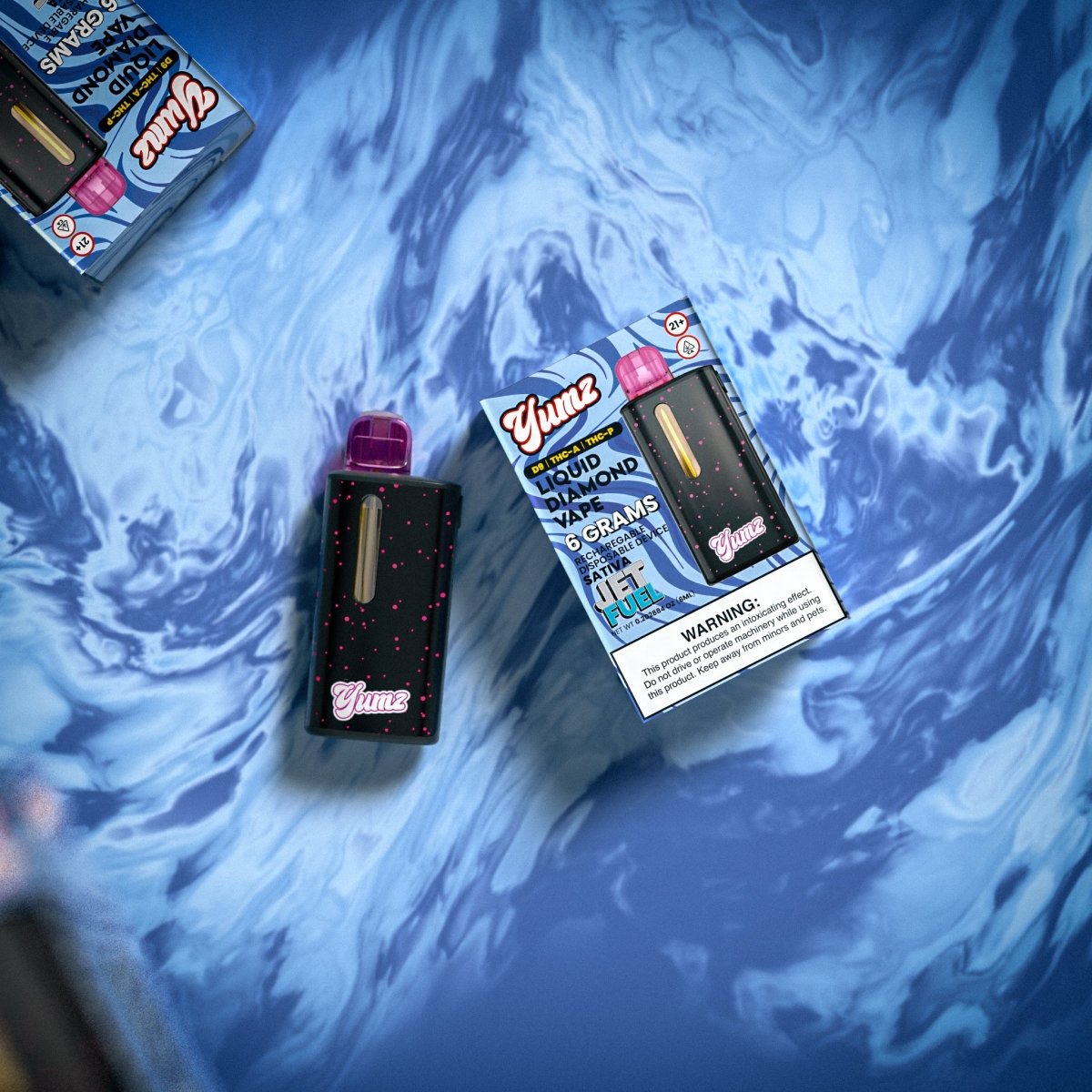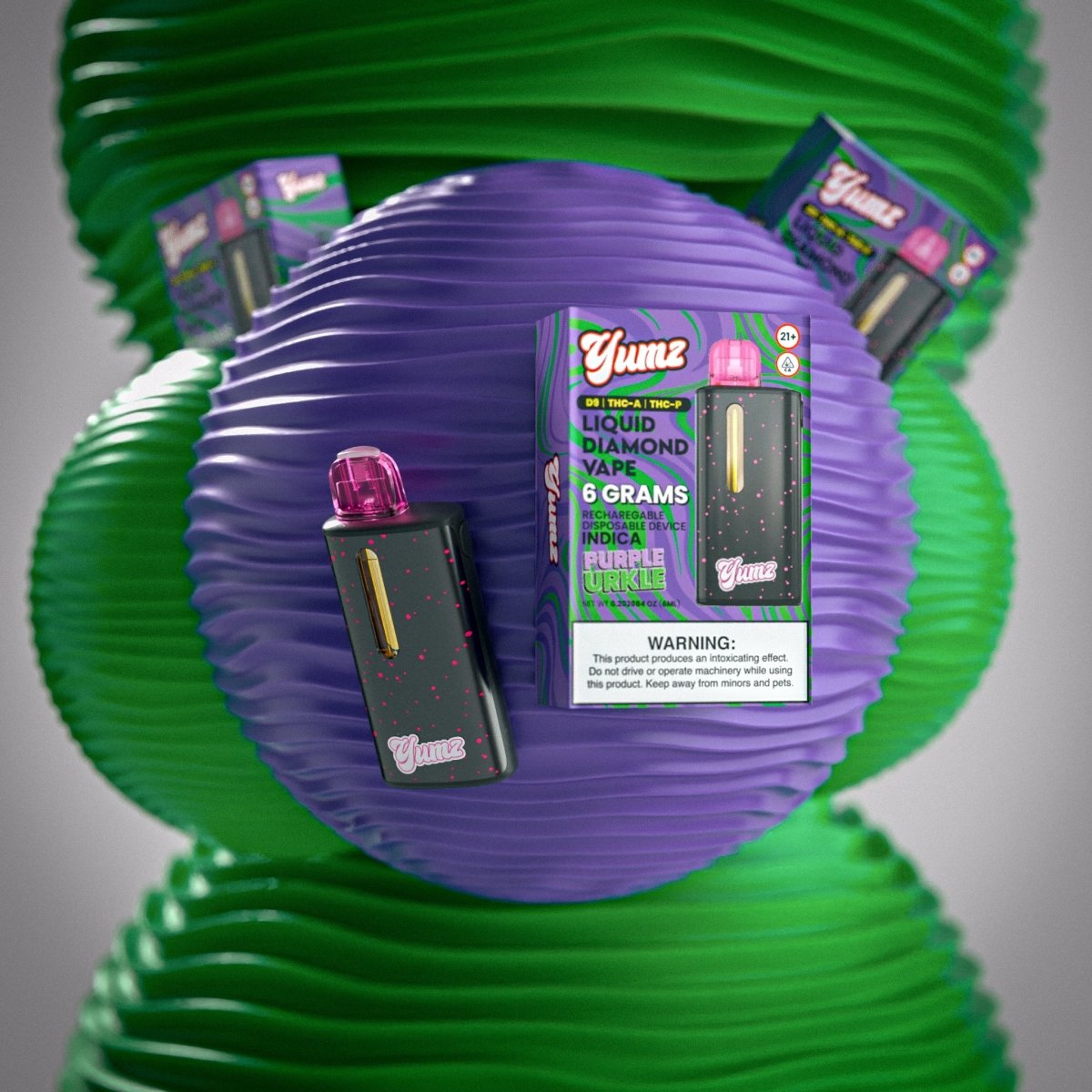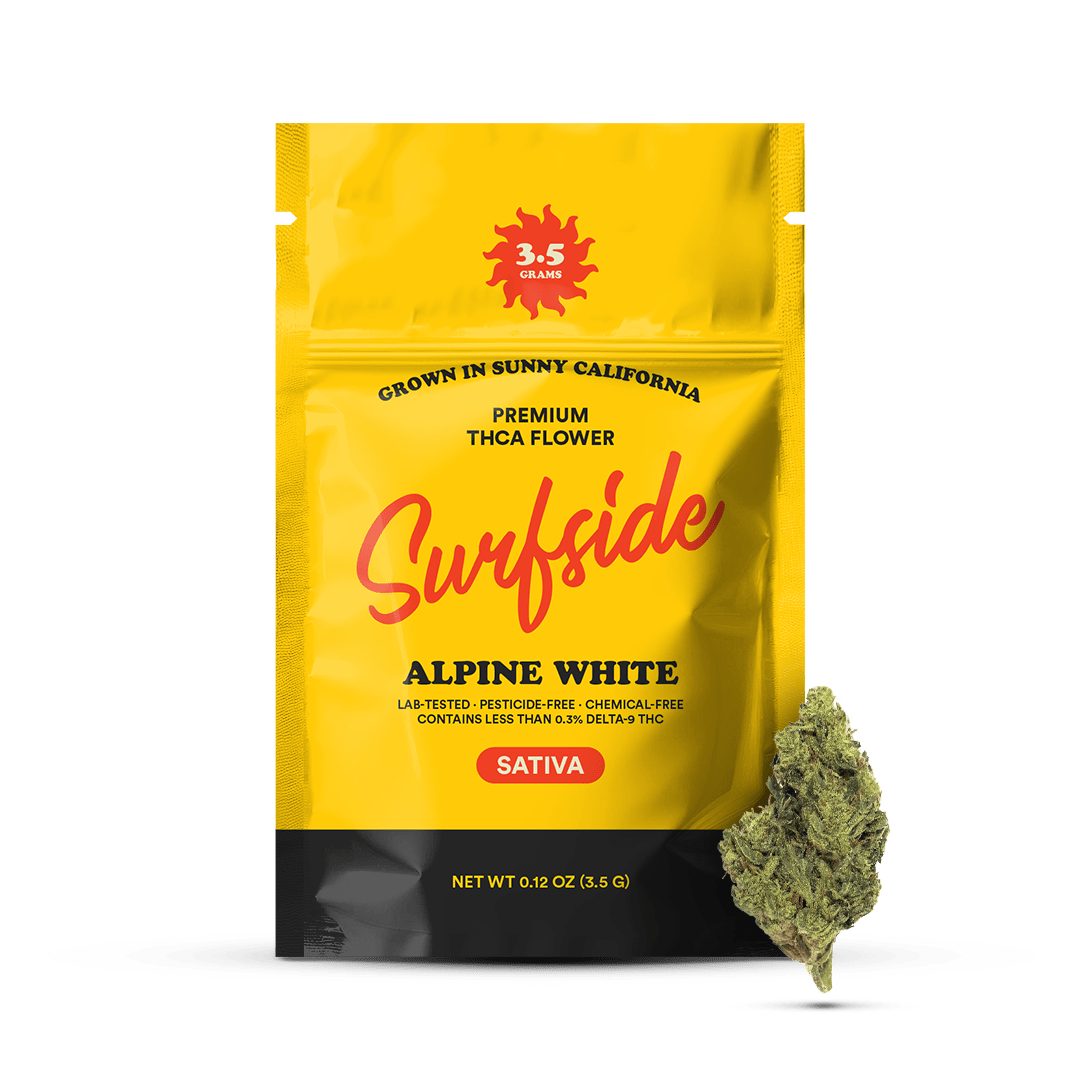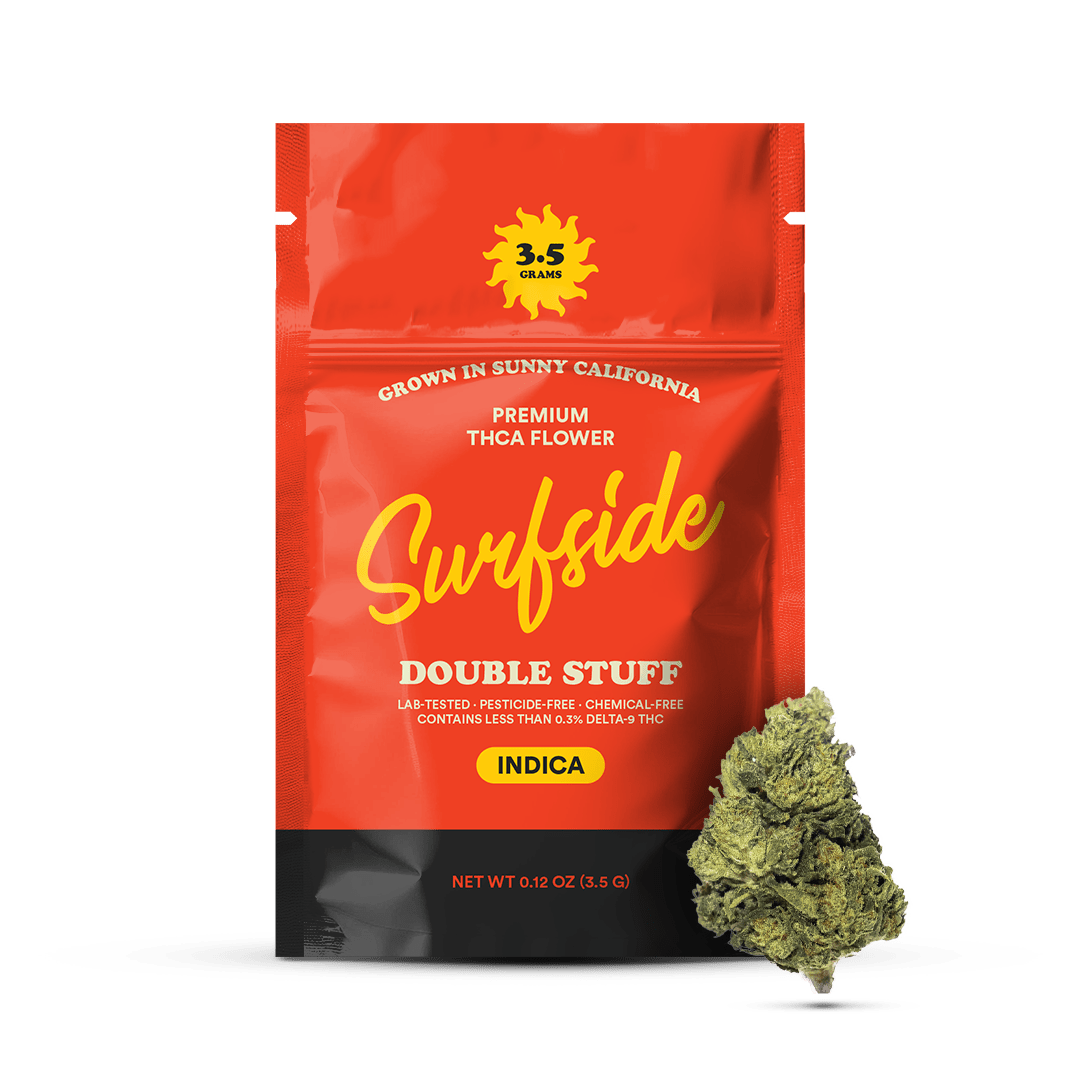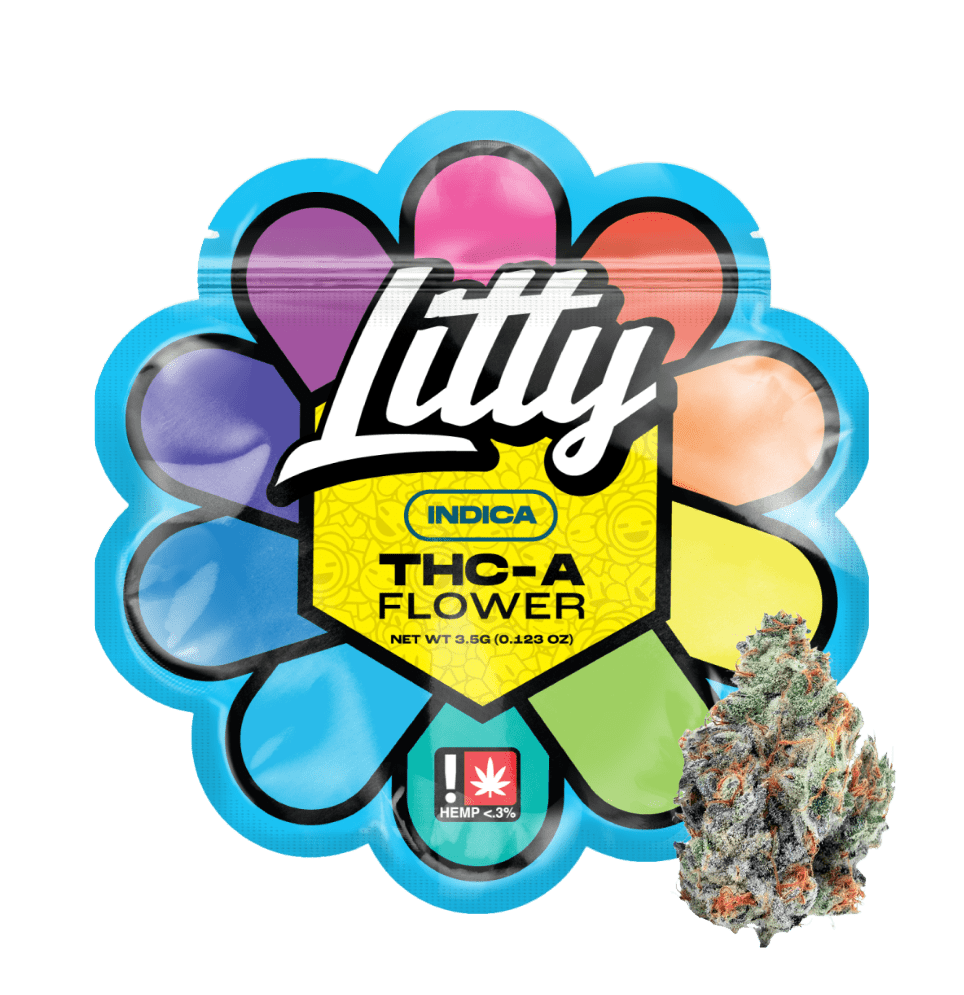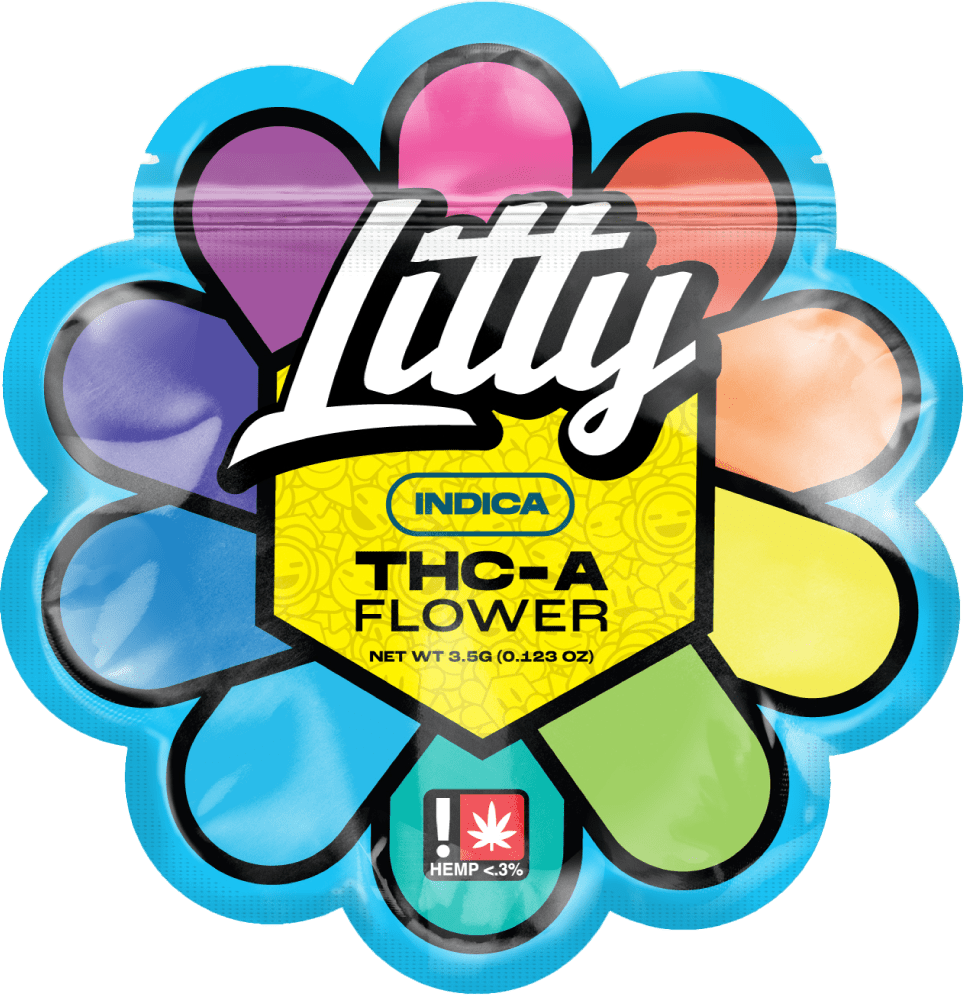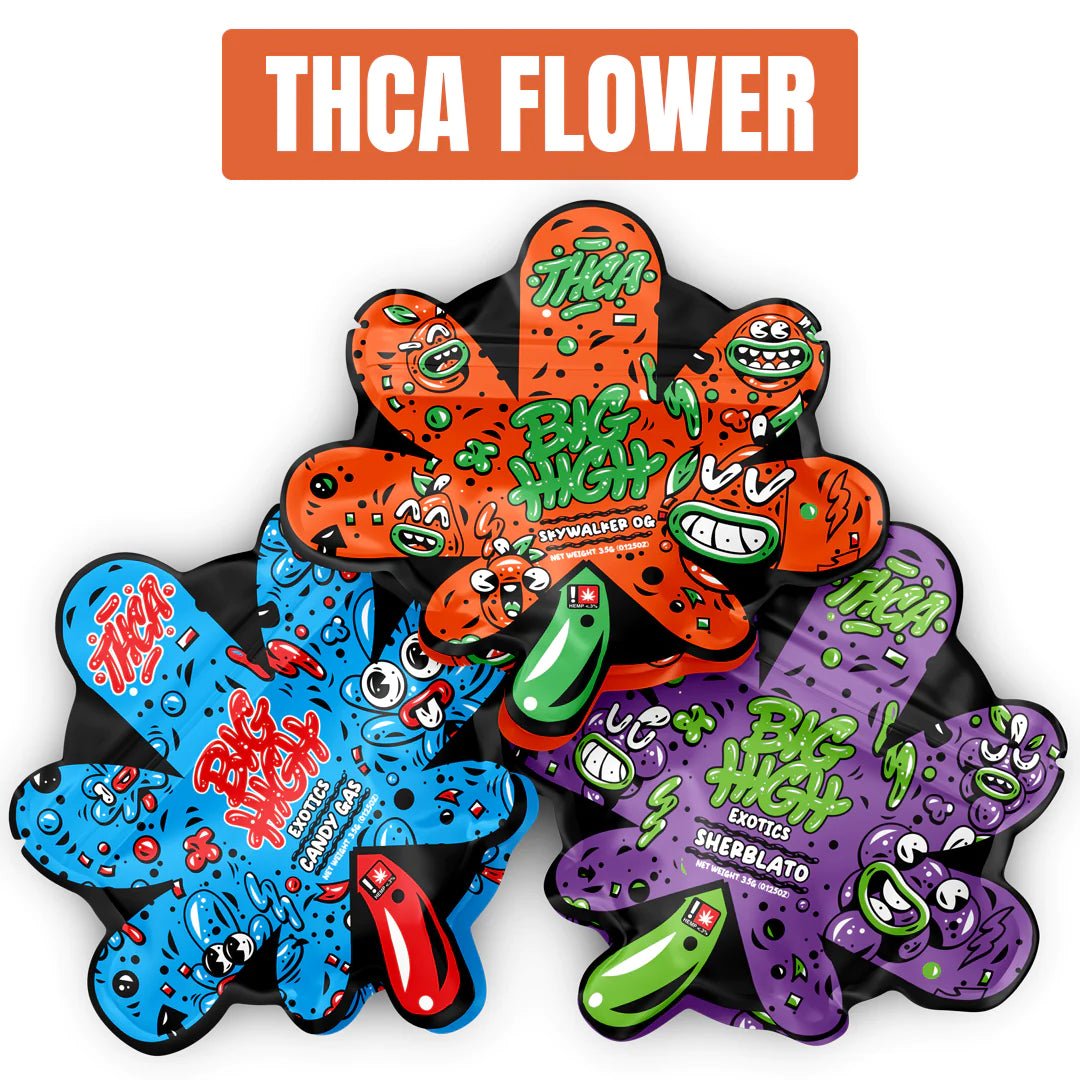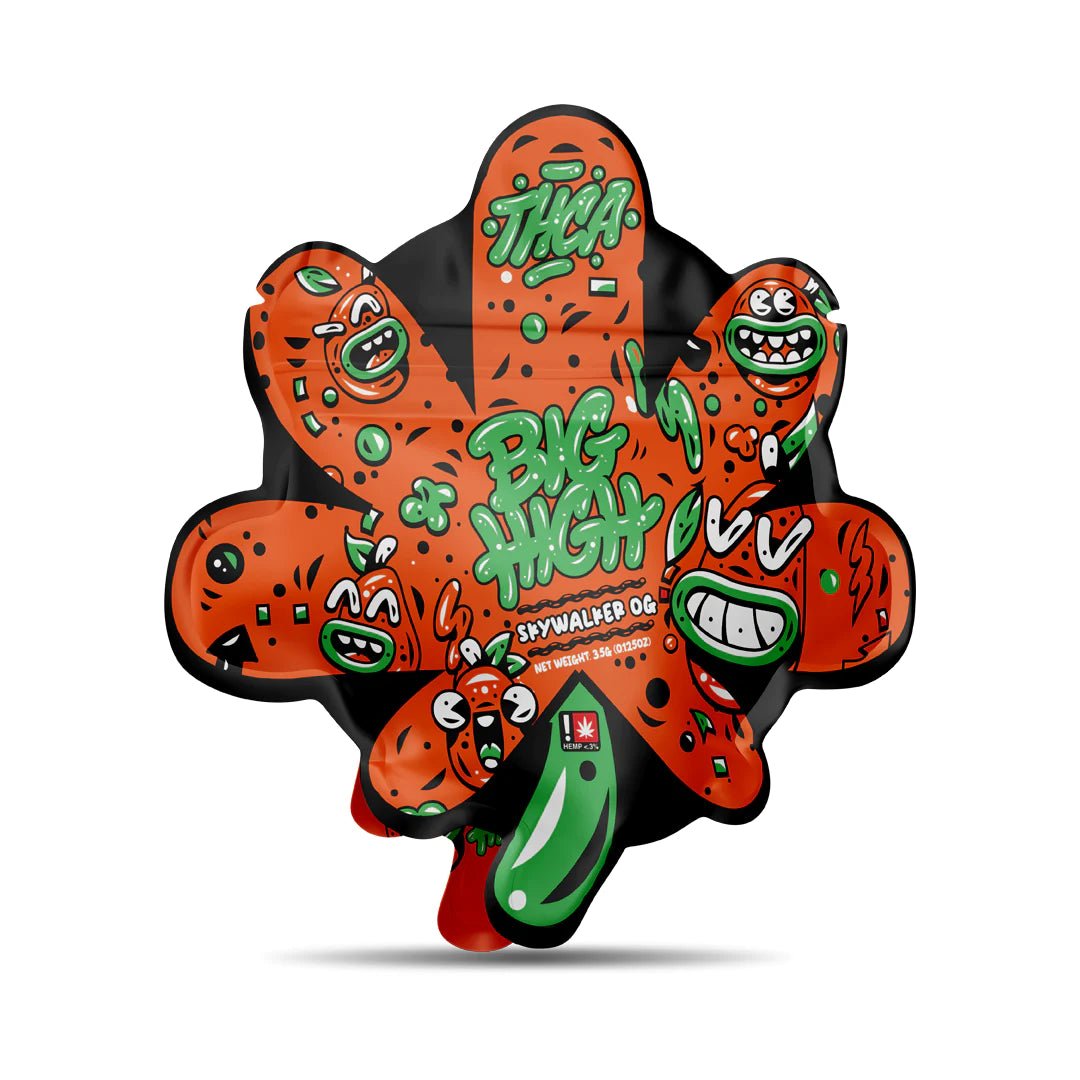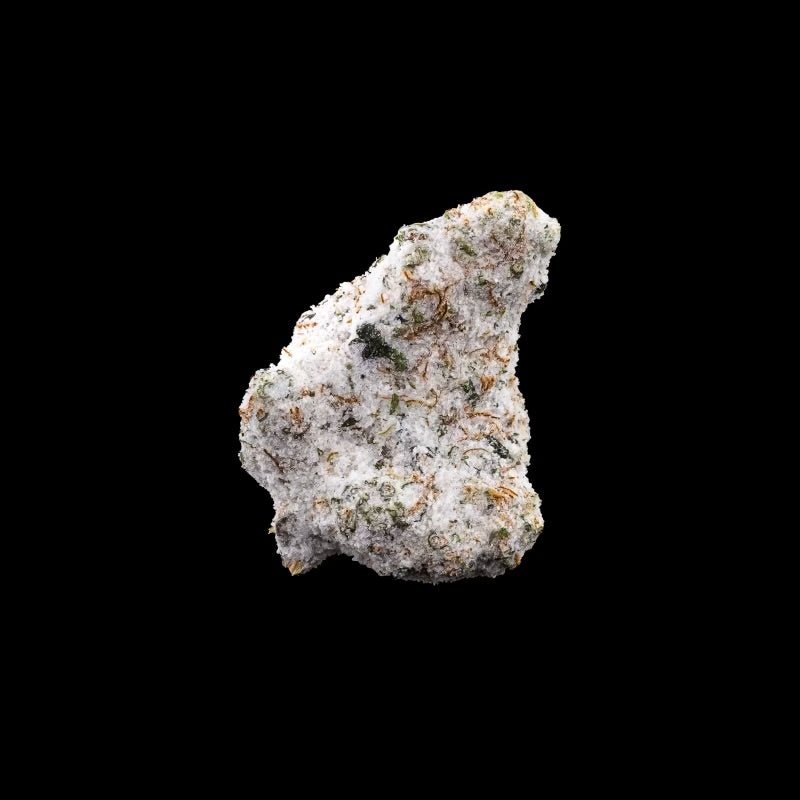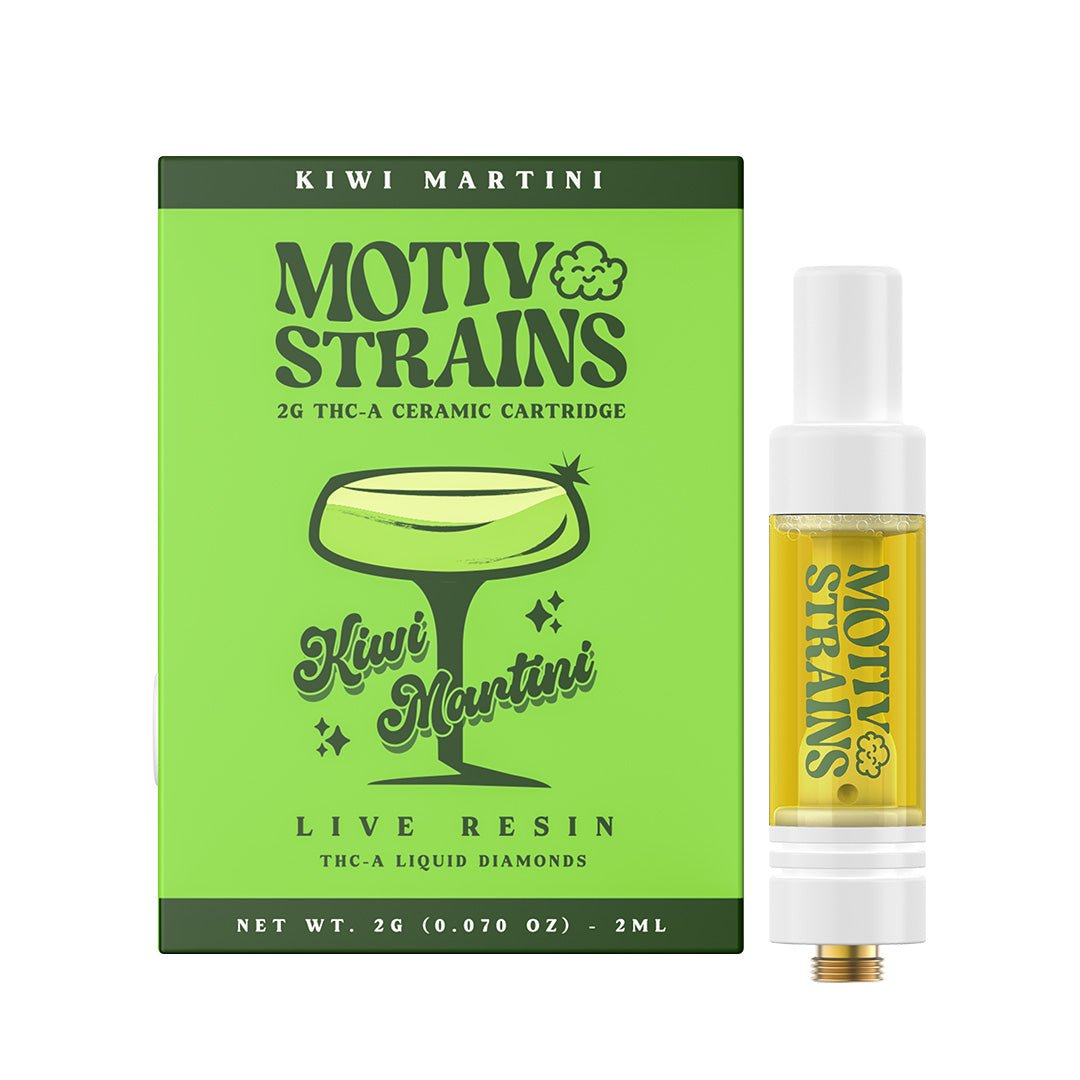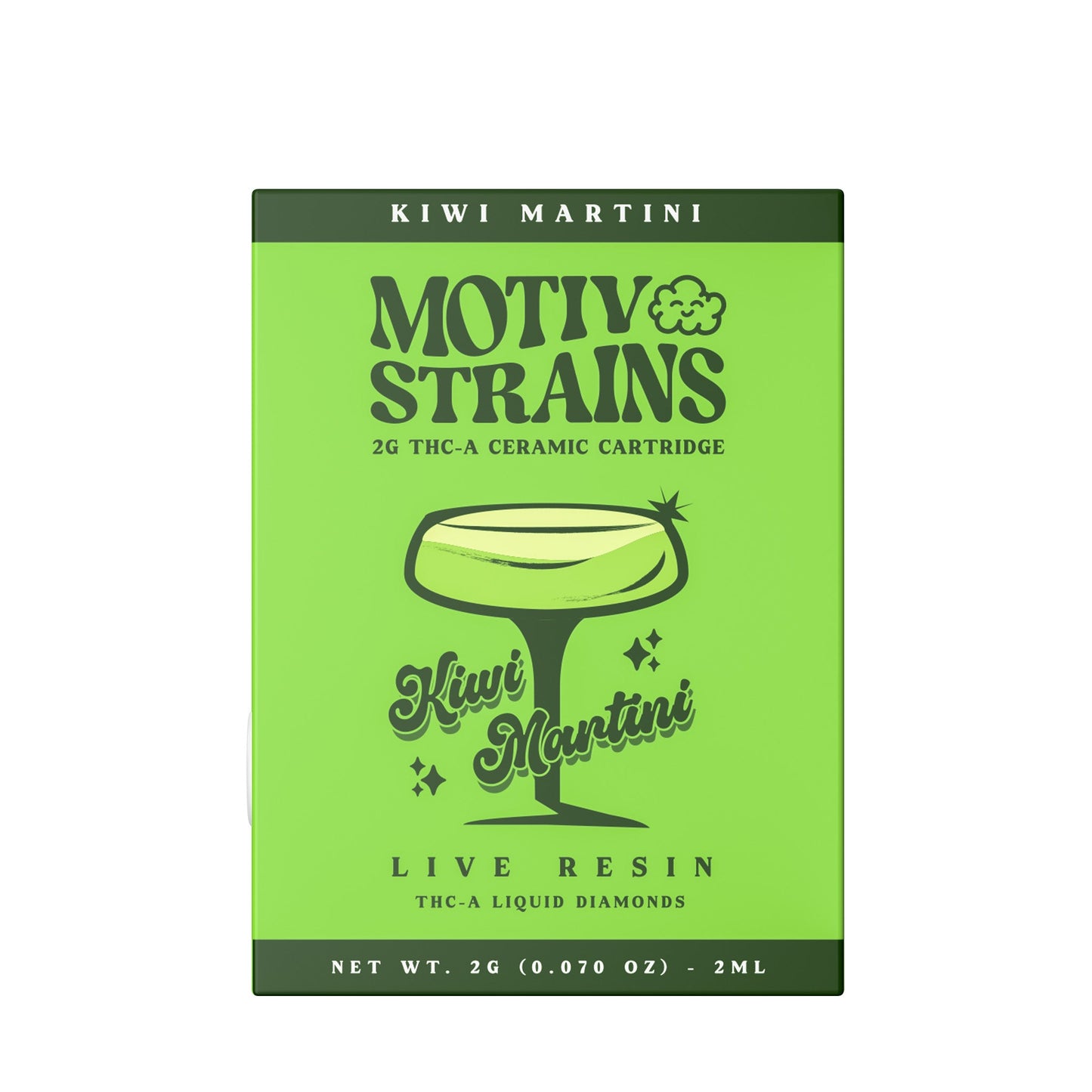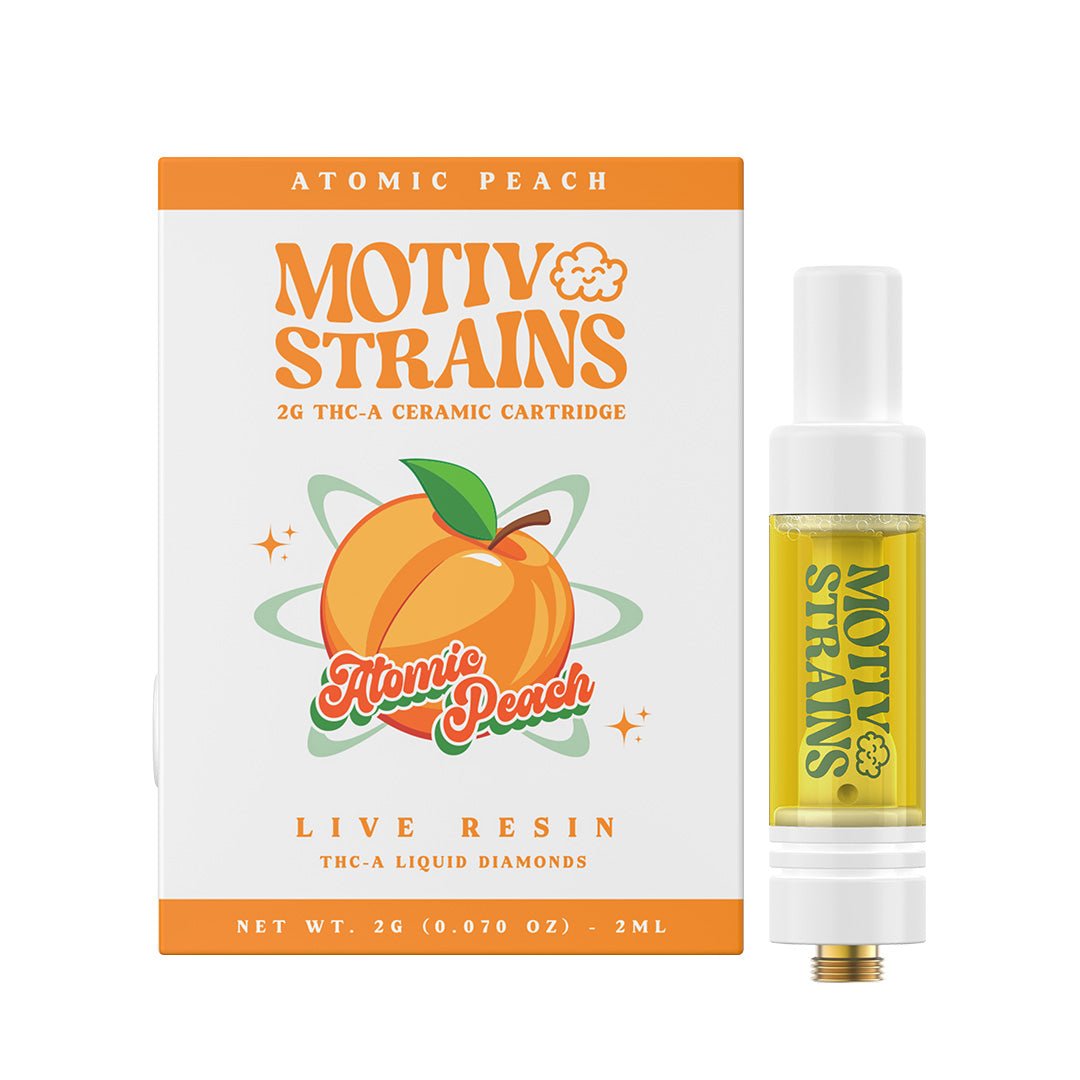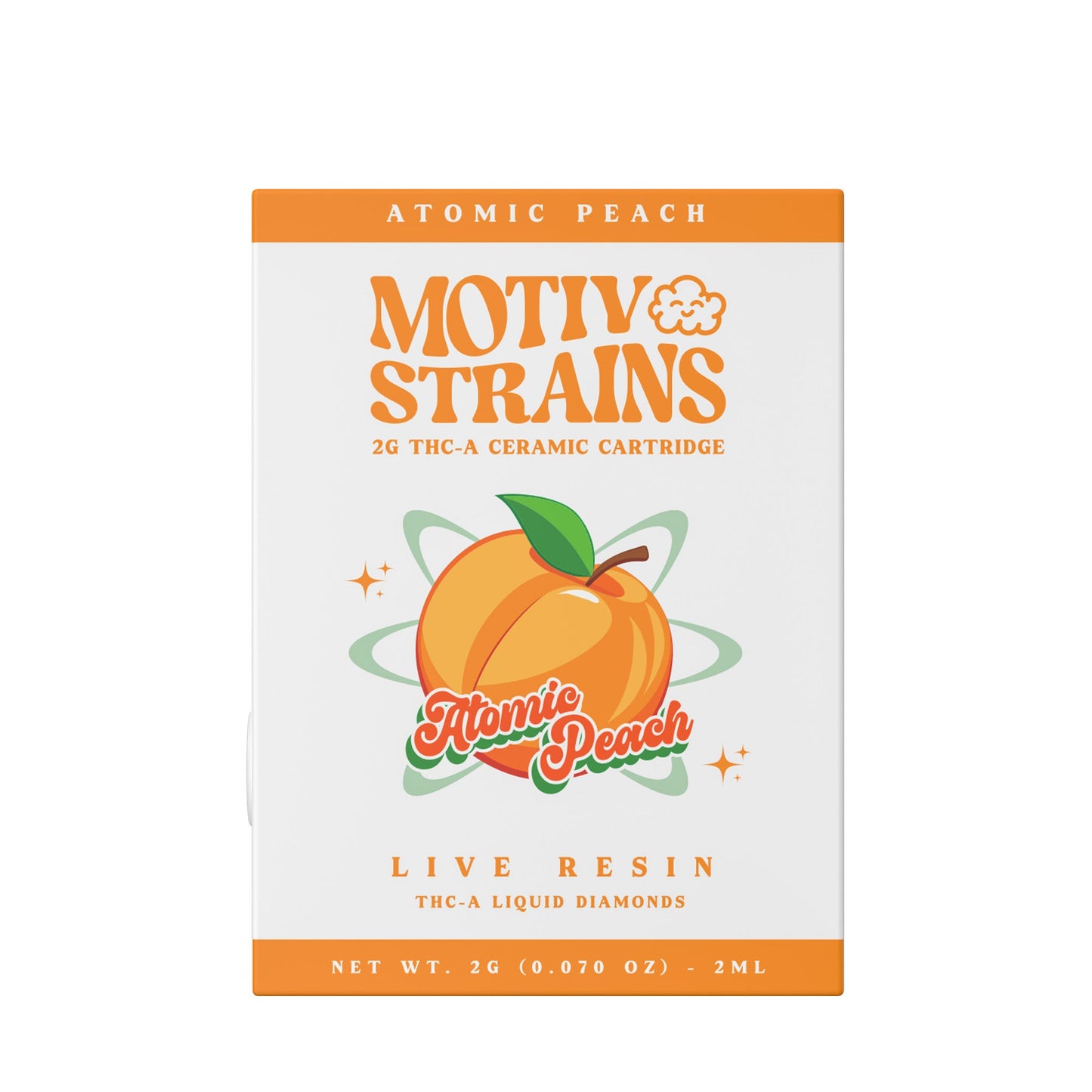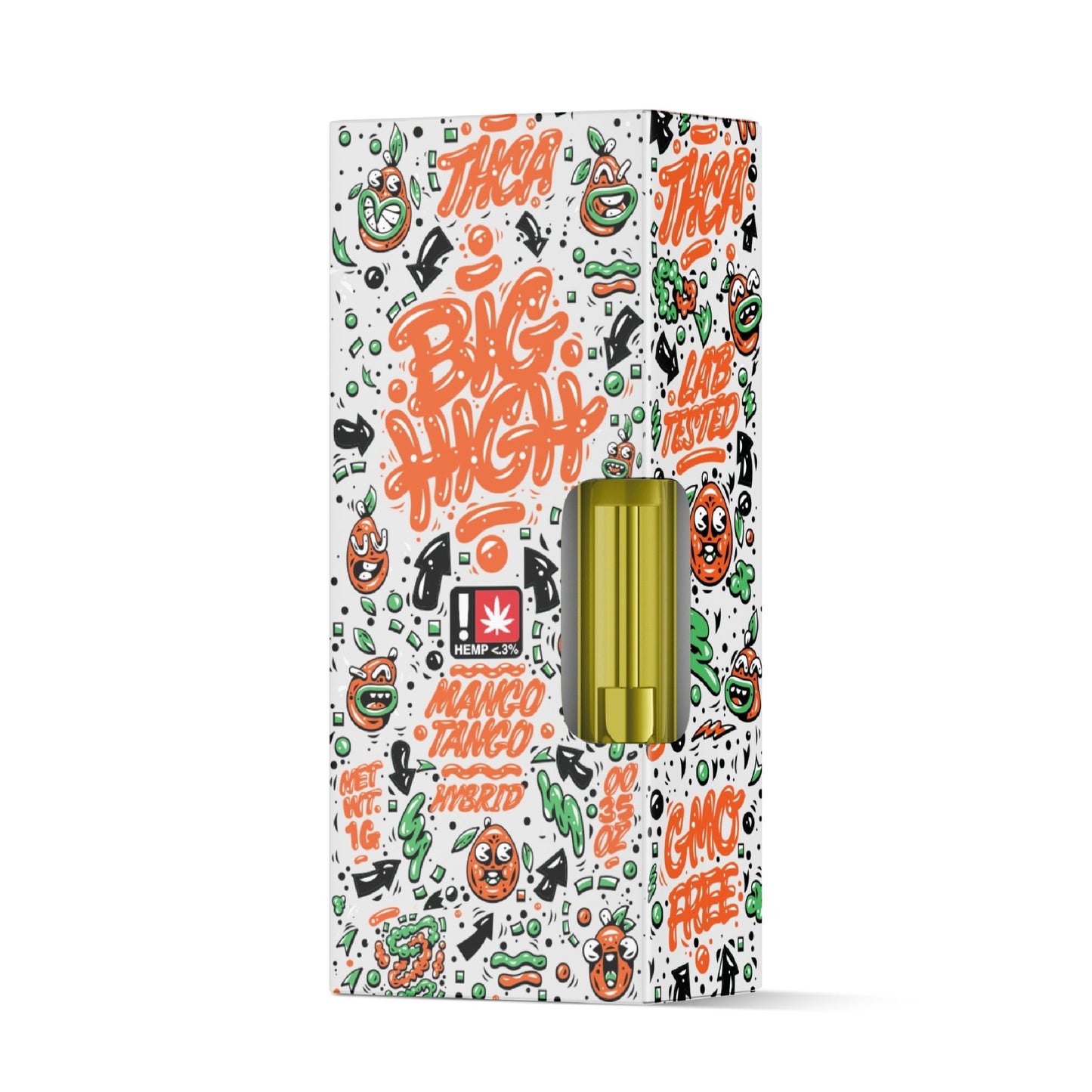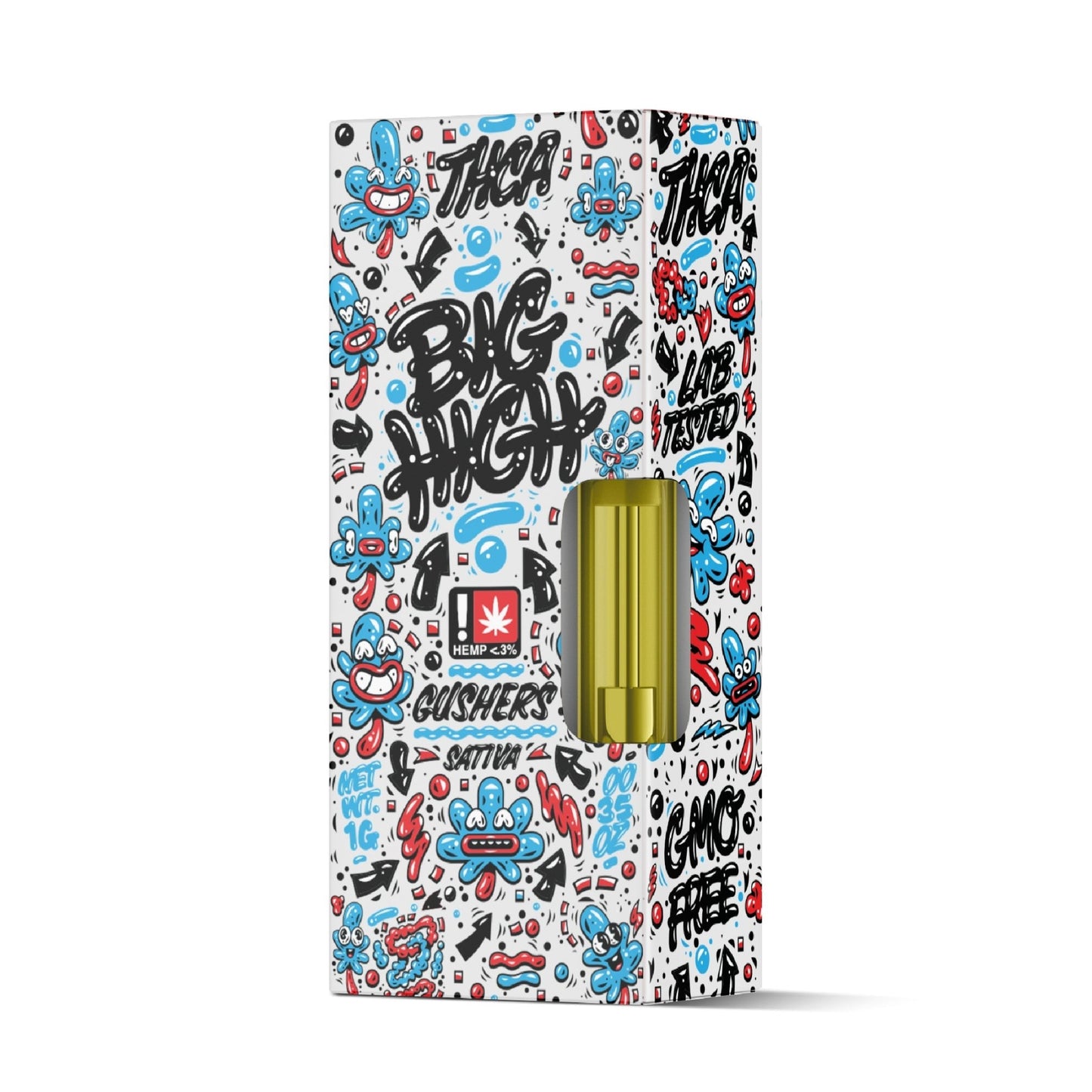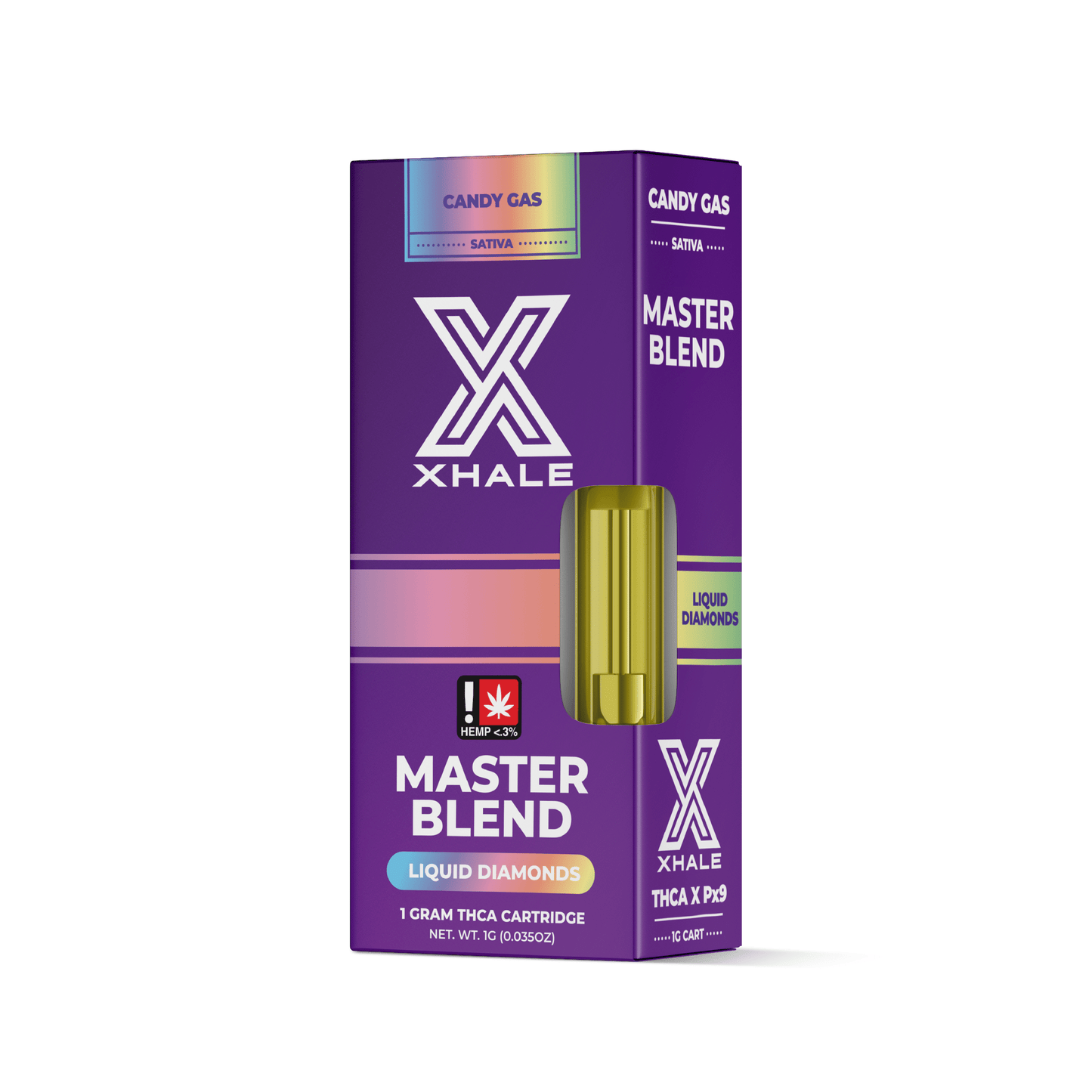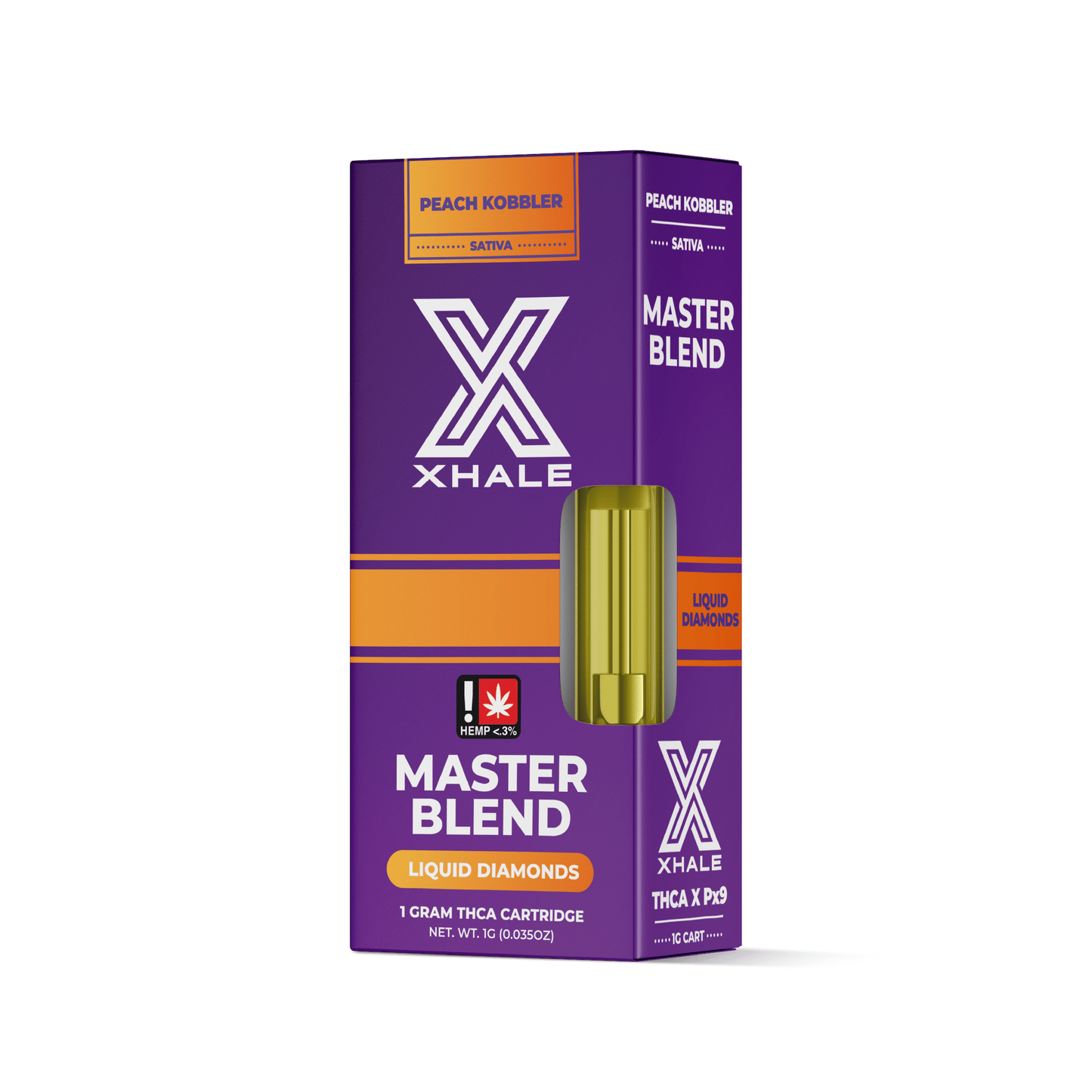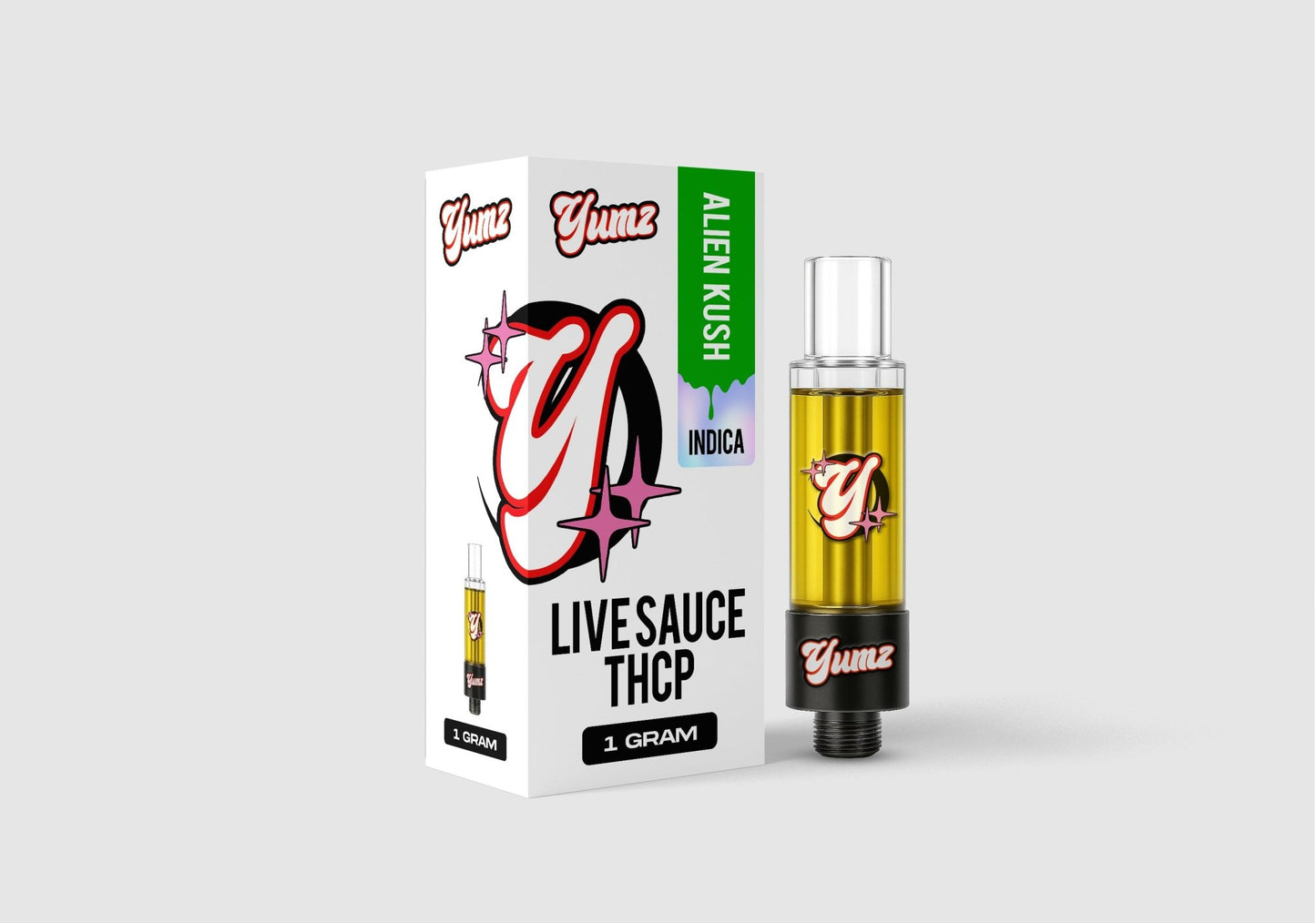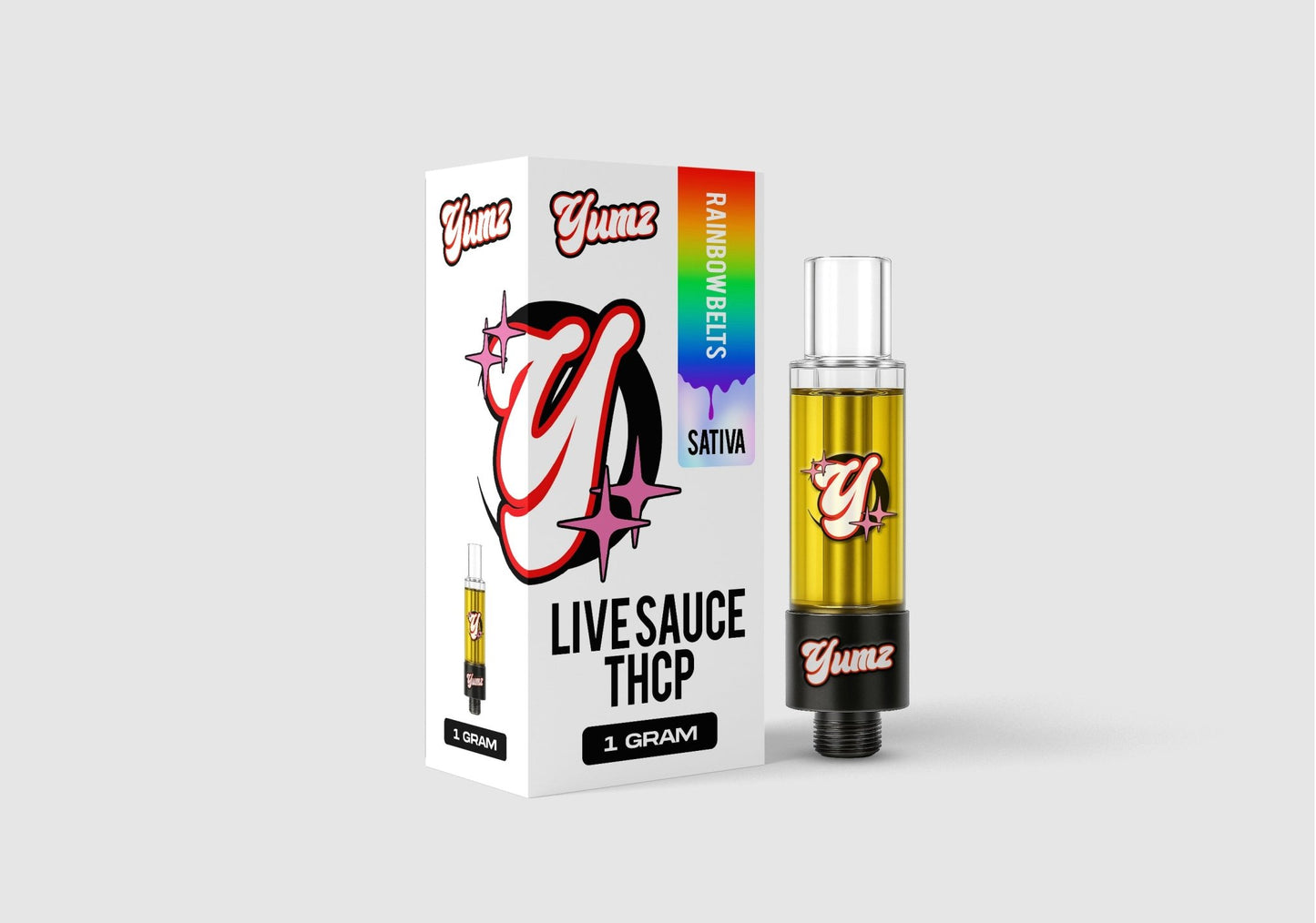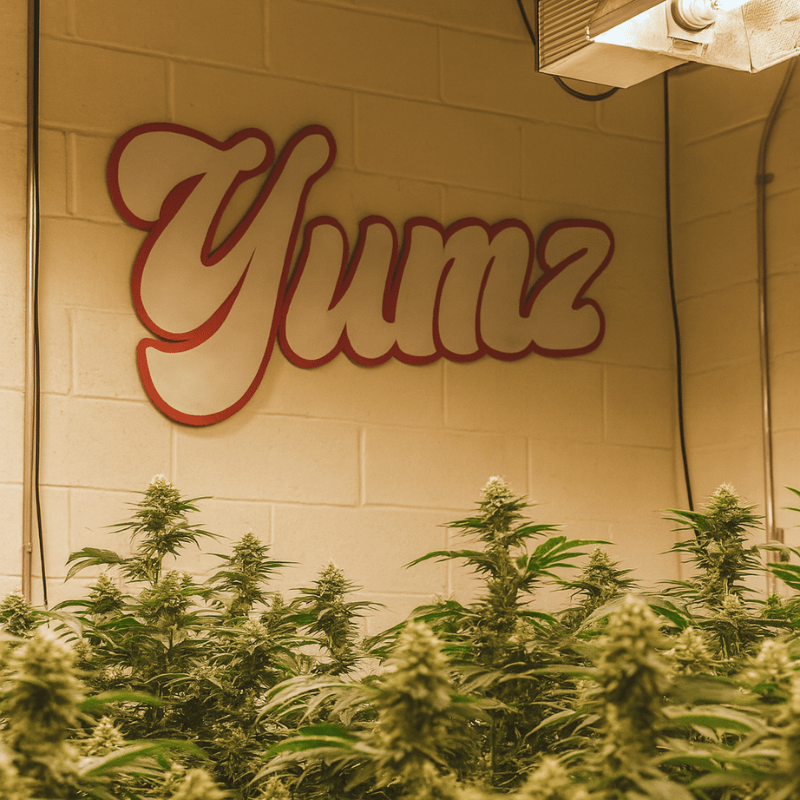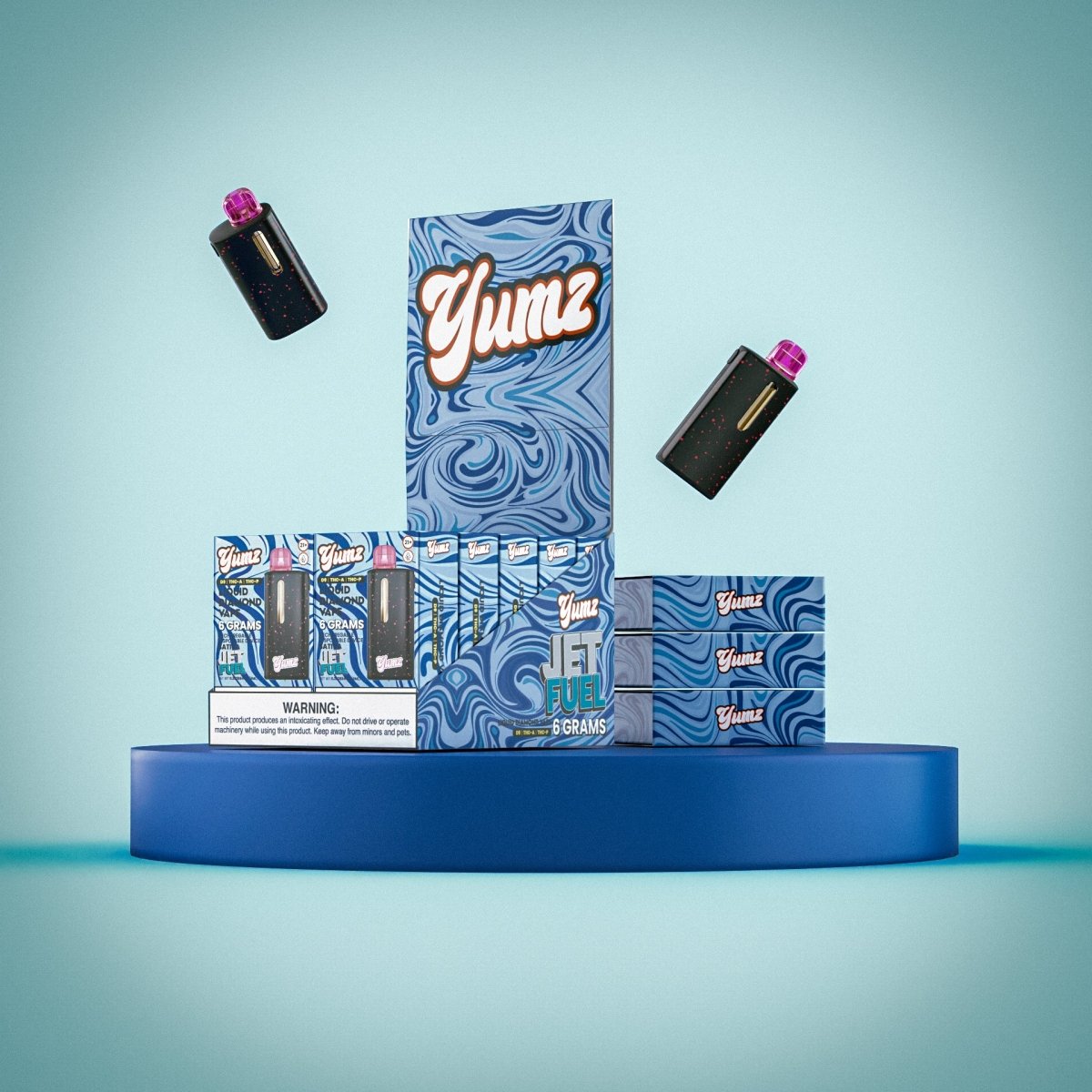This store requires javascript to be enabled for some features to work correctly.
🔥 FREE SHIPPING ON ORDERS $100.00+ 🔥
FREE 100MG GUMMY WILL BE INCLUDED IN ALL ORDERS
america's favorite online dispensary
Join Thousands Of Happy Customers Who Trust YUMZ For High Potency And Lab-Verified Products
ADULTS 21+ ONLY
ALTERNATIVE PRODUCTS
TRAVEL TO A UTOPIA UNKNOWN
DELTA 9 THC GUMMIES
MADE WITH US FARM BILL COMPLIANT HEMP
THC-A Vapes
Crafted with precision and care for the ultimate thca disposable vaping experience.
BEST THC-A FLOWER
EXOTIC + PREMIUM INDOOR GROWN
CLICK HERE TO GET 5 OUNCES OF BIG HIGH THCA FLOWER FOR $375.00 ($75/OZ)
Enjoy responsibly
MUSHROOM GUMMIES
MAGIC MUSHROOM CHOCOLATES
Customer Testimonials
Took 1 THC gummy and had an excellent experience!
Chill vibe and tasted great.
That @$%! was bomb!
FROM THE BLOG
The Best THCA Flower Brands of 2025: Yumz, Big High, and Xhale If you’re a cannabis enthusiast or a connoisseur...
How to Unclog Disposable THC Vapes: A Comprehensive Guide Disposable THC vapes have grown in popularity due to their convenience,...
Do THC Gummies Expire? A Comprehensive Guide In the burgeoning world of cannabis products, THC gummies have carved out a...
A SHIFT IN PERCEPTION
WARNING
![]() WARNING: Smoking or consuming cannabis or hemp products can expose you to chemicals, including hemp smoke, which are known to the State of California to cause cancer; methanol, which is known to the State of California to cause birth defects or other reproductive harm; and ∆9- tetrahydroncannabinol, which is known to the State of California to cause reproductive harm. For more information go to www.P65Warnings.ca.gov.
WARNING: Smoking or consuming cannabis or hemp products can expose you to chemicals, including hemp smoke, which are known to the State of California to cause cancer; methanol, which is known to the State of California to cause birth defects or other reproductive harm; and ∆9- tetrahydroncannabinol, which is known to the State of California to cause reproductive harm. For more information go to www.P65Warnings.ca.gov.

YUMZ FAQ's Answered
Who Is Yumz Lab?
Who We Are
YUMZ LAB is committed to providing high-quality, innovative alternative products to our customers while adhering to all federal regulations and legal standards. We specialize in the online distribution of legal, alternative and hemp-derived products, including those that contain various cannabinoids such as Delta-9 THC, Delta-8 THC, and more – all of our products are in compliance with the 2018 Farm Bill.
Yumz Lab is a forward-thinking company focused on creating unique, compliant products for adult consumers. Our product line includes various items, each crafted with the utmost care and attention to detail. We operate with transparency and a commitment to quality, ensuring that all our products meet the strictest standards of safety and legality.
Why We Are Compliant and Legal
YUMZ products are properly manufactured and labeled to adhere to any guidelines of federal or state regulations. All of our customers are age verified using our robust age verification software which is powered by AgeChecker.net. Yumz Lab operates in full compliance with the Agricultural Improvement Act of 2018 (commonly known as the 2018 Farm Bill), which legalized the production and sale of hemp-derived products containing no more than 0.3% Delta-9 THC by dry weight. Our products are tested by third-party laboratories to confirm they meet this legal threshold, and we maintain all necessary documentation to verify compliance.
Our industrial hemp products are grown and produced in accordance with the Agricultural Act of 2014, section 7606, and contains less than 0.3% Delta-9 THC. While the products may look like marijuana, they are not. "Industrial Hemp," as defined by Section 7606(b)(2) in the Agricultural Act of 2014, "means the plant Cannabis sativa L. and any part of such plant, whether growing or not, with a delta-9 tetrahydrocannabinol concentration of not more than 0.3 percent on a dry weight basis." As such, any "industrial hemp" products are exempt from the Controlled Substances Act (21 U.S.C. 801 et seq.) and are perfectly legal to possess, use, and distribute. Any state law to the contrary is preempted pursuant to the Full Faith and Credit Clause and the Supremacy Clause of the United States Constitution, Article VI, Sections 1 and 2.
Which States Do You Ship?
Yumz Lab ships to most states. Below is a list of states we DO NOT ship to:
Products containing ANY FORM OF THC cannot be shipped to California, Minnesota, Hawaii, Idaho or Kansas.
Delta-9 Products:
This product is not available for shipment to the following states:
Idaho, Iowa, North Dakota, Washington, Colorado, Oregon, Hawaii, Minnesota
Delta-8 Products:
This product is not available for shipment to the following states:
Alaska, Arizona, California, Colorado, Connecticut, Delaware, Hawaii, Idaho, Iowa, Massachusetts, Michigan, Minnesota, Mississippi, Montana, Nevada, New Hampshire, New York, North Dakota, Oregon, Rhode Island, Utah, Vermont, Virginia, Washington, West Virginia.
THCA Products:
This product is not available for shipment to the following states: Arkansas, Hawaii, Idaho, Kansas, Louisiana, Oklahoma, Oregon, Rhode Island, Utah, Vermont
Magic Mushroom Gummies / Magic Nootropics Products:
This product is not available for shipment to the following states:
Alabama, California, Minnesota, North Dakota, Vermont, Washington DC, Louisiana, Mississippi, South Dakota, Missouri, Iowa, Colorado
*Some restrictions may apply. Not for sale where prohibited by law. Check your local laws before purchase.
Restricted - Military Bases and Military Personnel
Please note that at this time we cannot deliver to Military Bases. If you place an order to one of these locations you will receive a notification that your order has been refunded for the full amount of the purchase. We are sorry for any inconvenience; we will keep you informed of any changes to this policy.
WE DO NOT SHIP ANY PRODUCTS INTERNATIONALLY
Legal Disclaimer
Adult use only 21+.
Age Verification By selecting "I am over 21," you are confirming, under penalty of law, that you are 21 years of age or older. This website is intended for adults aged 21 and above, and the products offered are only for individuals who meet this age requirement. If you are under 21, do not proceed. Falsely claiming to be 21 or older constitutes impersonation and may lead to legal consequences, including prosecution for misrepresentation of age. We reserve the right to take legal action against any individual who provides false information regarding their age. Falsely claiming to be 21 or older constitutes impersonation and may lead to legal consequences, including prosecution for misrepresentation of age.
We reserve the right to take legal action against any individual who provides false information regarding their age.
FARM BILL COMPLIANT: Total hemp-derived Delta 9 THC concentration does not exceed 0.3% by weight. Consuming this product could result in the consumer failing a drug test for marijuana.
KEEP OUT OF REACH OF CHILDREN.
Do not use if pregnant, nursing or trying to conceive with a partner. Consult a doctor before use.
NOOTROPICS NOTE: We utilize a proprietary blend that's different than psilocybin and has no clinical evidence for its use as a therapy.
NOOTROPICS NOTE: This product produces similar effects to magic mushrooms but is not to be associated or compared with traditional magic mushrooms.
Our product is completely free from Psilocybin, Psilocin, and Psilacetin (4-AcO-DMT). This innovative formula reflects our dedication to quality and cutting-edge advancements. To preserve the uniqueness of our offering, the exact composition of the active ingredients remains a confidential secret, guaranteeing a truly exclusive and unparalleled experience for every customer.
NOOTROPICS WARNING: RISK OF HALLUCINATIONS, TRIGGERING OF SUPPRESSED TRAUMAS AND LOSS OF MOTOR SKILLS.
UNDER AGE SALE PROHIBITED. MUST BE 21+ TO PURCHASE. DO NOT DRIVE OR OPERATE HEAVY MACHINERY WHILE UNDER THE INFLUENCE.
THE PURCHASER OF THIS PRODUCT BEARS ALL RISK AND ASSUMED LIABILITY ASSOCIATED WITH THE USE, PURCHASE, AND POSSESSION OF THIS PRODUCT.
CONSULT WITH DOCTOR BEFORE USE.
Safety Precautions
- Must be 21 years or older to purchase.
- Keep out of reach of children and pets.
- Do not operate heavy machinery while using this product.
The content of this website is provided solely for educational and informational purposes, and it does not endorse, promote, or encourage the use of these products or any illegal substances.
The information presented here is not a substitute for professional advice, be it medical, legal, or otherwise. Any use of our intoxicating products should be undertaken with caution and in compliance with applicable laws and regulations. Individual experiences with our products can vary significantly, and users should be aware of the potential risks and effects. If you are considering using our products or have questions about their safety, consult a qualified healthcare professional. This website does not endorse illegal activities, and users are responsible for knowing and adhering to the laws in their respective jurisdictions.
FDA DISCLAIMER
The statements made on this website have not been evaluated by the U.S. Food and Drug Administration (FDA). The information provided here is for informational purposes only and is not intended as a substitute for advice from your physician or other healthcare professionals.
The products mentioned on this website are not intended to diagnose, treat, cure, or prevent any disease. Always consult with a healthcare professional before starting any diet, exercise program, or dietary supplement regimen.




